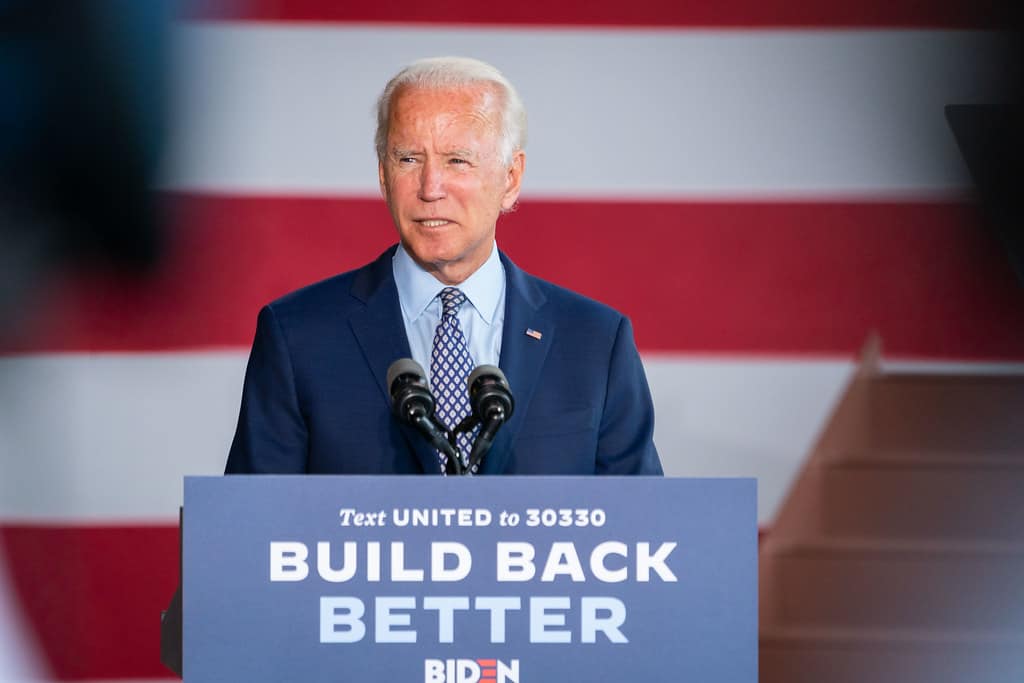Hannah Finnie is a writer in Washington, D.C. interested in the intersections of work and culture. She is a graduate of Harvard Law School.
A new article from Harvard Law School professor Sharon Block argues that companies like Amazon and Starbucks need to listen to their workers, especially during a tight labor market when workers can easily find other work that more meets their needs.
The Biden administration seems to be coming closer to announcing a decision on canceling student debt, according to a new Washington Post article. The article states that the administration’s latest plan appears poised to cancel $10,000 in federal student loans for borrowers who make less than $150,000 per year, or married couples who make less than $300,000. In late April the administration said it was a few weeks away from making a decision, and many expect a decision soon because the current pause on student loan payments only lasts through August.
Some Trader Joe’s workers in Massachusetts have announced their intent to unionize, and one of the motivating reasons is a recent cut Trader Joe’s made to its contribution to employee’s retirement funds. According to labor reporter Dave Jamieson, Trader Joe’s previously established their contribution to workers’ 401(k)s in its company handbook, but then at some point switched to simply saying the contribution was discretionary. After that change, in January of this year, the company told its workers it was changing its contribution. Workers who had been at the company for less than 10 years would now receive a 5 percent contribution as opposed to 10 percent, and workers who stayed over 10 years would continue to receive the previous across-the-board standard of 10 percent, unless they hadn’t worked a certain number of hours in one of those previous 10 years. That move affected workers who took time off to deal with a personal matter, and now, years later, are facing the consequences. The workers leading the unionizing effort say that this is one reason a union is so helpful: conditions like 401(k) contributions would be written into a contract and could not be unilaterally changed at company discretion.






Daily News & Commentary
Start your day with our roundup of the latest labor developments. See all
February 22
A petition for certiorari in Bivens v. Zep, New York nurses end their historic six-week-strike, and Professor Block argues for just cause protections in New York City.
February 20
An analysis of the Board's decisions since regaining a quorum; 5th Circuit dissent criticizes Wright Line, Thryv.
February 19
Union membership increases slightly; Washington farmworker bill fails to make it out of committee; and unions in Argentina are on strike protesting President Milei’s labor reform bill.
February 18
A ruling against forced labor in CO prisons; business coalition lacks standing to challenge captive audience ban; labor unions to participate in rent strike in MN
February 17
San Francisco teachers’ strike ends; EEOC releases new guidance on telework; NFL must litigate discrimination and retaliation claims.
February 16
BLS releases jobs data; ILO hosts conference on child labor.